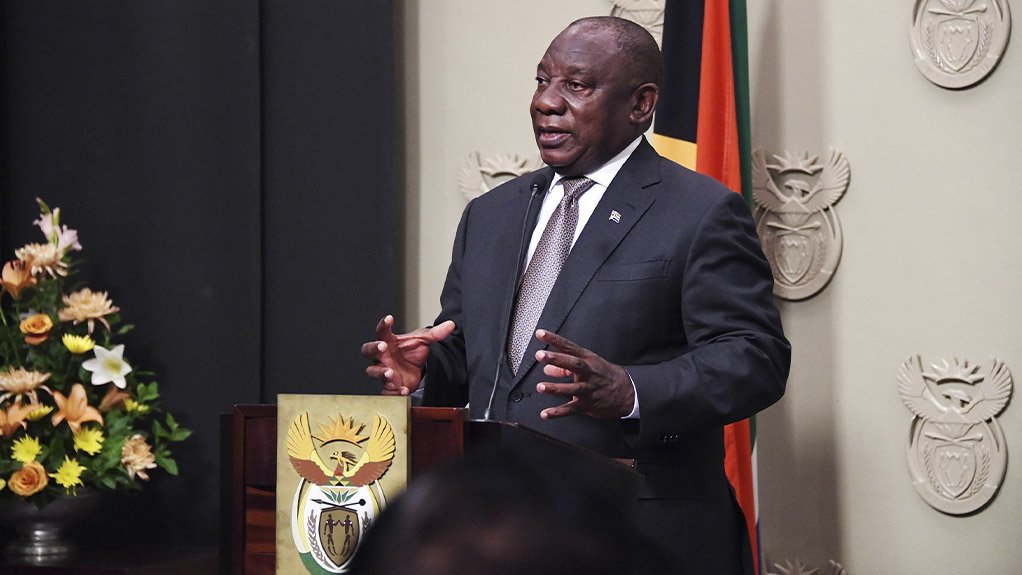President Cyril Ramaphosa is urging the country’s media to use its reach and influence to encourage more citizens to register to vote for the 2024 general elections.
Ramaphosa wrote in his weekly letter to the nation on Monday that South Africa’s journalists continued to be the standard-bearers for accountability and the empowerment of citizens.
He acknowledged that media freedom was a pillar of the country’s democratic order.
“Next year the country heads to a general election. As citizens prepare to exercise this important civic responsibility, the media should use its reach and influence to encourage more citizens to register to vote,” he said.
He added that the media should also make a greater effort to cover issues in communities that sometimes receive little coverage in the mainstream media.
“Without seeking to unduly influence voters, the media should focus on the critical issues that matter to people when they need to decide who to vote for,” he said.
Ramaphosa highlighted that media freedom, like so many of the rights contained in the country’s Constitution, was hard-won.
He added that media investigations have shone a spotlight on corruption, the abuse of vulnerable people, the targeting of whistleblowers, and wrongdoing within the State, the private sector, academia and other sectors.
He said the growth of citizen journalism and the spread of smartphones had made it possible for all manner of newsworthy events, including the actions and utterances of public figures, to be instantly disseminated to a mass audience.
Ramaphosa noted that in South Africa, journalists were free to work without censorship, harassment or judicial sanction, even when harshly criticising those in positions of authority.
However, he explained that the media in South Africa was also faced with a number of challenges. Several media institutions were struggling to survive in the face of technological change, shifting media consumption behaviour and the after-effects of the Covid-19 epidemic. These developments inevitably undermined the vibrancy and diversity of the country’s media, he said.
He highlighted that in recent years, there had been incidents where journalists had been threatened or assaulted in the course of their work. Some have been vilified on social media or targeted by political figures.
“As a society, we must condemn such actions and work to prevent them. It is indeed important for the media to hold those in authority in government, business and civil society to account in the public interest. At the same time, the media has an important role to play in educating and informing citizens on the issues that matter most to them,” Ramaphosa said.
He argued that the state of the country’s media was not defined by its ranking on an index, but by how it contributed to building a vibrant democracy with an informed, empowered and active citizenry.
Last week the release of the World Press Freedom Index indicated that South Africa significantly improved its ranking, moving up ten places from thirty-fifth in the world in 2022 to twenty-fifth this year.
The World Press Freedom Index, compiled yearly by the organisation Reporters without Borders, assesses the state of journalism in 180 countries and territories.
It looks at the environment in which media workers operate with respect to political conditions, legal frameworks, safety and economic and socio-cultural context.
“As a relatively new democracy, compared to those with more entrenched traditions of constitutionalism, we should be proud of our promotion of a free and independent media,” Ramaphosa said.
EMAIL THIS ARTICLE SAVE THIS ARTICLE ARTICLE ENQUIRY
To subscribe email subscriptions@creamermedia.co.za or click here
To advertise email advertising@creamermedia.co.za or click here











